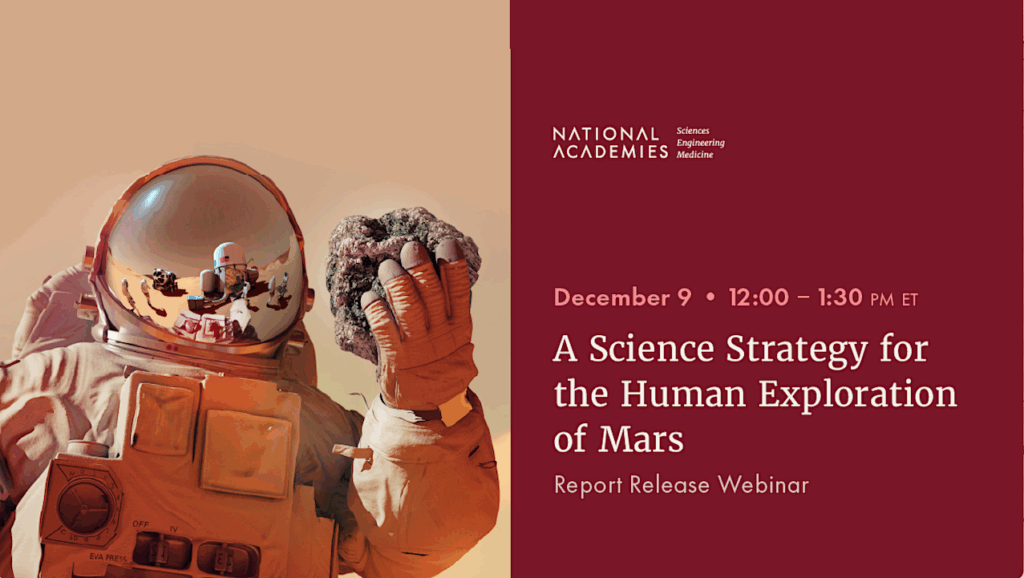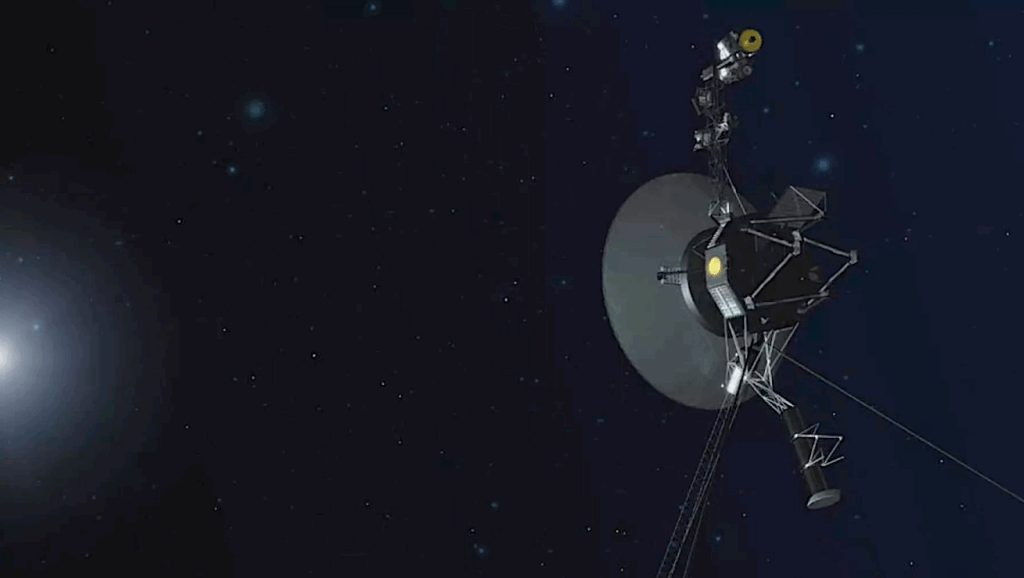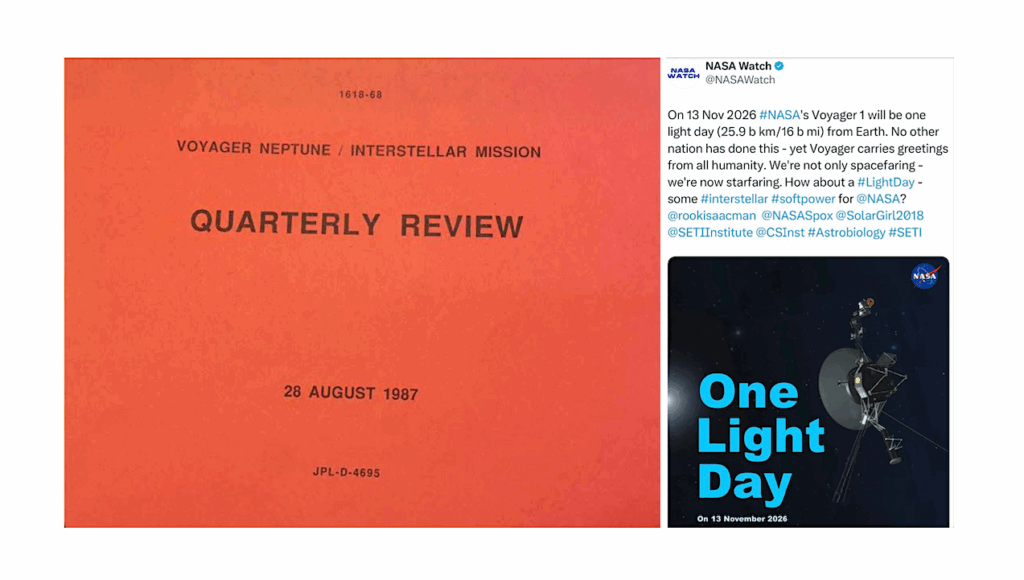Big Gaps In Exploration Are Normal

 Keith’s note: As we approach the 50th anniversary of the first human landing on the Moon – and lament half a century of not going back – it is important to understand that there have often been lulls in exploration. These lulls can be distracting. They can also be enabling. While people in airplanes visited the south pole after the Amundsen/Scott expeditions, no one gave serious thought to attempt an overland trek for decades because – well, been there, done that. In the ensuing decades – punctuated by World War II – expeditionary technology made great advances.
Keith’s note: As we approach the 50th anniversary of the first human landing on the Moon – and lament half a century of not going back – it is important to understand that there have often been lulls in exploration. These lulls can be distracting. They can also be enabling. While people in airplanes visited the south pole after the Amundsen/Scott expeditions, no one gave serious thought to attempt an overland trek for decades because – well, been there, done that. In the ensuing decades – punctuated by World War II – expeditionary technology made great advances.
When people tried this again, the trip was just as exciting but was enabled by half a century of technological and logistical advances. When we go back to the Moon, much of these lessons learned in Antarctica should be reviewed. Old concepts will still be valid – and they can be alloyed with half a century of technology and operational experience.
60 years today a New Zealand tractor team mounted as part of the Commonwealth Trans-Antarctic Expedition arrived at the South Pole. Led by Everest climber Sir Edmund Hillary, this was the first overland expedition to reach the pole since Amundsen and Scott had done so 47 years earlier.
An entry from their diary: “Kept going all day and toward the last 40 miles must have dropped at least 1,000ft. The last 20 miles had quite a hard wind packed surface with sastrugi in a SW direction. Derek and I were in the caboose just ready to change drivers when the tractors stopped, and Ed came back very excited from the lead tractor, he had spotted the Pole Station. We are now camped in sight of it and will move across to it tomorrow when we have had some well-earned sleep. The temp at 8pm was -13º F with a few snow-flakes, however the sky is quite clear with sun shining now and then. Everybody in high spirits now the journey is nearing its end. What a bleak place it is here!”
FYI Sir Edmund Hillary and Neil Armstrong once made a trip to the North Pole together. I was reminded of that in 2009 when I was in Nepal supporting astronaut Scott Parazynski’s ascent of Everest. I made certain that some Apollo 11 Moon rocks visited a memorial to Sir Ed. The Moon rocks then went to the summit of Everest and then, with a piece of the summit of Everest, both rocks went to the ISS where they reside now in the cupola.
All great exploration and expeditionary endeavors have profound and numerous resonances that simultaneously propagate forward and backward across time. May that tradition continue.









“Normal” in regards to what? Human existence? Human or scientific curiosity? Goal directed, science process oriented and funded exploration? I would be rather careful with the use of the word “normal” when, if I take your meaning, that human “scientific” oriented exploration has really only been going on for a few hundred years. At least according to Roger Bacon’s model and at the larger social level or for a couple thousand if on the individual curiosity level, where actual recording methods were used and passed on. Otherwise, humans have never had gaps in curiosity and exploration.
Less than that. The first real science exploration started under the Victorians with the Challenger Expedition. Before then it was just incidencal to explorations done to find new wealth or provide better geographic information for military and commercial needs.
The Beagle didn’t sail around the world for the benefit of Sir Charles Darwin. It’s mission was to make maps. He was just a passenger brought along to keep the Captain from going looney while at sea. The Royal Navy has learned its lesson from the HMS Bounty.
Some of my thoughts related to this topic:
http://www.thespacereview.c…
Gaps often occur in explorations of particular places…such is the historical nature of all human endeavor. It sometimes unfolds per the ‘punctuated equilibrium’ model, other times the gradual transformation model.
Let us hope that the next surge of human space activity remembers all the lessons to be had from the intervening years.
Big gaps in exploration might be normal but the gap in human space flight (I’d be hesitant to call what we have been doing exploration) is not growing any shorter. To be sure there is a ‘military-industrial complex’, in this case a ‘government spaceflight-industrial complex’ that is and has been leading us in exactly the wrong directions for about 2 decades. You need look no further than either of our 2 current big programs.
In the case of ISS, ongoing now for 33 years, since 1984, has been a tremendous waste-not because the ISS is poor technology, but because it cost far more than it should have-particularly cost the American taxpayer far more than it should have, took far too long especially for the kind of technology it has advanced, and now, over the hump of mid-life and beginning to seriously consider end-times, has failed to be utilized in any meaningful way. What a waste. Even now (and for the last decade) when a NASA might be thinking about modifications or expansions of capabilities, the ISS seems focused on curtailing its already limited usefulness. NOW, today, taxpayers and Congress ought to be asking where is all this money going; where did it go? How can they have used so much to do so little? This is worthy of a serious Congressional inquiry. ISS was designed decades ago. The components were built decades ago. Most were launched by a decade ago. Why does it keep costing so much? NASA has failed to communicate the story of the ISS and its value. Few know it is even there, let alone how it might be used.
The other big program is Orion/SLS aka Constellation in a slightly earlier period. Remember when it was going to be simpler, safer, soon? until we found out it wasn’t launching by 2011 and maybe not by 2021, it poses twice the hazards and danger of a Shuttle (the reason Orion was created in the first place), and it is not taking anyone anywhere for another half a decade at least, and even then no one quite knows why it is being built. Missions to asteroids; missions to Mars; missions to a Lagrangian point space station? What are we trying to do? Repeat Apollo’s flags and footprints on the cheap? This all grew out of an angst in 2003-2005 where NASA’s ‘operators’ who had failed so dismally in 2003 (yet most of the same people are still in charge) claimed ‘they had to go somewhere to make spaceflight worthwhile and ‘exciting’. Boring holes in orbit wasn’t good enough.’ I have news for them: boring holes in orbit when you are not accomplishing something worthwhile is not good enough. Maybe de-emphasize the operator’s role and refocus on the users. So for more than a decade they have been wasting the nation’s and human spaceflight’s limited resources on a system that no one knows what we will do with.
The gap in human space exploration? There is no plan to begin again.
We did not return to the Pole for excitement, and it’s inappropriate for NASA to use “excitement” as a motivating factor today. We returned to the pole because advances in technology, particularly in aviation, many stemming from the basic research of the NACA, had made it practical to permanently occupy the South Pole for scientific research, enabling everything from paleoclimate research to the polar neutrino telescope. We will return to the Moon when it is practical for human scientists to stay there. This requires that we first make it practical to occupy LEO. There is an astounding amount of science that can be done on the ISS, we just haven’t been willing to provide funding for observational Earth and Space science.
The U.S. built a base at the pole to keep the Russians from doing it. The science, as on Project Apollo was to make it seem there was a more respectable purpose than Cold War geopolitics. We keep a presence there because it would be a lost of prestige to close it, especially if someone took advantage of that to build a new one there.
BTW The Soviets had to settle for the less desirable “pole of inaccessibility” to build a station to wave their flag from.
We haven’t returned to the Moon because of a lack of a geopolitical reason to do so. No one else could reach it. But if Russia and China build bases there we will need to as well.
In point of fact, quite a bit of polar science was funded this way. At one point, a NSF official (Crary) and his opposite number in the Soviet Union (Kapitsa) conspired to use the political rivalry to get funding. They did press interviews mentioning Antarctic programs they would like to fund but didn’t have money for, exchanged newspaper clippings of the stories, and generated pressure to “not let the other side beat us to a discovery”.
Such rivalry was a factor during the IGY, but simultaneously it encouraged cooperation between scientists. But I haven’t seen much discussion of polar rivalry in the past few decades and it doesn’t seem to be a factor in current funding.
Because it has become irrelevant to humanity’s future. There are no more geopolitical goals to brag about. Resources in the Antarctic are off limits by treaty so the only commercial activity is tourism. The NSF has a basic budget small enough no one cares and universities will complain to their Congress Critters if it’s budget is messed with. But it’s too small as far a Washington goes to be worth it.
So there is nothing to write about, except environmentalists complaining about pollution from tourists and the latest scientific discovery. No longer do you have visionaries writing about building cities there or developing its wealth as explorers did a hundred years ago. In short it has ceased being a frontier and has become merely a field station for science. The result is it no longer has any relevance to humanity’s future.
It’s what Space may be if space policy continues to be focused on science and ignores its potential for economic development and human settelement.
“a basic budget small enough no one cares”
That does put things in perspective. At about $300 million per year, the NSF Antarctic program is better funded than NASA’s entire Discovery line of planetary missions. I guess that’s good to know: It means Discovery is probably too small to be turned into a political football.
While that is generally true, the Commonwealth Trans-Antarctic Expedition may not be the best example. In many ways, it was a successful replay of Shackleton’s Imperial Trans-Antarctic Expedition (which failed when the Endurance was ice locked in the Weddell Sea.)
For example, the overall plan was the same: A depot-laying party from McMurdo on the Ross Sea to the South pole, supporting a party traveling from the Weddell Sea to the Ross Sea by way of the South pole.
Also, compared to other IGY-era traverses, the Commonwealth expedition was very focused on miles-per-day. Other traverses made frequent stops for local, scientific work (e.g. seismic soundings and snow-accumulation excavations) and some used a time-inefficient leapfrogging of vehicles for accurate altimetry (using barometric pressure with stationary vehicle to correct for weather changes.) The Commonwealth expedition, despite privately funding, had a significant component of national prestige behind it.
…no one quite knows why it is being built.
Sure we do.
It’s for jobs in key congressional districts.
Good piece. It’s wise to remember that exploration doesn’t follow the pattern of a made-for-TV documentary, with intermediate suspense points and final triumphs all fitting neatly into an external framework of running time and commercials….
It’s frustrating for me personally, because I wanted to see people walking around on the Moon and Mars by now. But reality rules.
Don’t forget Sir Vivian Fuchs who was the expedition lead of the Commonwealth Trans-Antarctic Expedition. Fuchs completed the first trans-antarctic crossing. Hillary was responsible for depot laying from McMurdo to the pole.
Cheers to sailing with the ships you have, even if it’s -13F out and all you’ve got is a Massey Ferg tractor covered in a tarp.
Spot on – exploration is inherently difficult and expensive; the linear progression of Europeans in the new world, often cited by space advocates from Columbus’ discovery to the Golden Spike and the settlement of the West omits Nordic explorers and forgets that the gaps in activity can be very long. In fact, it was over 70 years from Columbus’ discovery to the first permanent European settlement in St Augustine, Florida. Humanity’s push into the solar system will be inexorable – that does not mean it will necessarily be quick.
I’d like to think your analogy is apt, but can’t, other than the view that a longer lens should be used.
Exploration and settlement of the New World happened for lots of reasons, many hashed out here over the years, and few of which directly apply: no obvious way to make money being the most obvious and point that informed much settlement. National pride, partly, but also the desire to keep the other guy from grabbing too much of the New World.
What a sight! If only some valuable process or mineral or whatever is discovered to be ubiquitous! What a race we’d have!
One difference is that the Age of Discovery was driven by Adventure Merchants seeking ways to make money. By contrast exploration in the Space Age has been driven by Scientists seeking knowledge. You find what you search for.
It’s striking that the New Space Race underway seems sustainable in a way the old one wasn’t because…it’s driven by Adventure Merchants seeking ways to make money.
It’s also important to recognize that these expeditions were mostly privately funded. The federal government didn’t fund an Antarctic expedition until the 1939 Byrd Expedition, and that was in response to the expeditions the German government funded in the late 1930’s.
The 1958 Commonwealth Expedition was mostly privately funded which is why Sir Hillary was added, to use his recent fame to increase donations. The next Trans-Antarctic Expedition (as opposed to reaching the pole overland) was in 1981 and also privately funded.
That said, the gaps were generally the result not only of the needs to raise money, but to also analyze results to plan the scientific and geographic work for the next expedition.
It would be great if the advances being made by SpaceX and Blue Origin would enable a similar private funding model to emerge for space exploration and end the bickering that has for decades paralyzed government run human space exploration.
Sending humans to cislunar space is engineering not exploration. The Hubble is exploration. Searching for the Ort cloud would be exploration. http://Www.robert-w-jones.com
The Hubble is merely a very expensive observatory, Project Apollo was exploration.
Nonsense
Science IS exploration. REAL exploration.
So you are a member of the Explorers Club 🙂
Unforunately exploration, like science, is one of those terms so over used to generate prestige for an activity it has almost lost it meaning. And remember there were explorers long long before there were scientists. So scientific exploration is only one subset of exploration, not the only or even dominate motive for it.